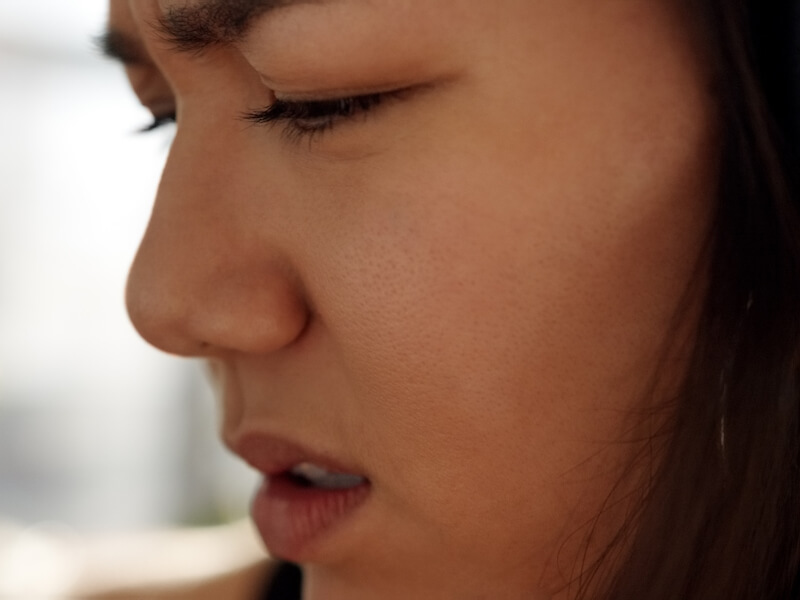
It’s common knowledge that stress, particularly for prolonged periods, can be extremely hazardous to the body. When you endure chronic stress, everything from extreme muscle aches to headaches can be the outcome. But did you recognize stress can also trigger tinnitus, a ringing, buzzing, or clicking in the ears?
Stress isn’t the only thing that can trigger tinnitus, it can also be caused by a sinus infection, loud noises, and other variables. Let’s examine several potential causes of that aggravating ringing in your ears.
Unhealthy Stress – How to Identify it
How does stress relate to tinnitus? We typically don’t think about the negative effect stress can have on our bodies or how it can lead to troublesome, painful, or even serious medical conditions. Stress isn’t something you should neglect.
Healthy Stress
Short term stress can actually be a very motivating factor when it comes to completing tasks. If you’re dealing with a deadline and have to focus on finishing a project, stress can be an ally by giving the boost of energy necessary to get the job done.
But short term, healthy stress and chronic, harmful stress are two completely different things. Healthy stress helps you reach a goal without damaging your body. Unhealthy stress is harmful for your body.
Unhealthy Stress
Normally, an irrational fear is the cause of unhealthy stress. When a person stays in a heightened state of anxiety, the outcome is usually unhealthy stress.
Unhealthy stress is associates with our “fight or flight” response, a natural reaction that helps keep us protected in dangerous conditions. Harmful physical symptoms happen when someone remains in a hyper-stressful situation for prolonged periods.
Worrying
Unhealthy stress is frequently the result of worrying. The significance of an interaction or situation can often be exaggerated. We might have ourselves convinced that we did or said something to spoil our chances at a promotion. Excessive worrying can produce intrusive, seemingly uncontrollable thoughts.
Invasive Thoughts And Unhealthy Stress
We may worry about what we didn’t accomplish today and worry over what we need to do tomorrow. We may obsess, lecture ourselves, or even panic. If we don’t take a few positive actions to deal with this stress it will keep wearing down our body.
Usually, unhealthy stress affects the upper part of the body by creating pain and muscle tension. The shoulders, neck, head, and jaw are areas that can be affected.
Anger And Jaw Tension
Have you ever read a book where the author talks about a character as being so angry his jaw clenched in rage? Jaw strain is a prevalent symptom of stress, worry, anger, and intrusive thoughts.
Continuous tension can put pressure on the delicate bones of the eardrum and inner ear. Ringing in the ears can be the outcome.
Sinus Infections And Ear Strain
From sore throats to stuffy noses, sinus infections produce lots of undesired symptoms.
Sinus infections generate headaches, sinus pressure, and ear pressure. A buzzing, clicking and ringing can be the outcome.
A stuffy nose often spreads to the ears during a sinus infection. Clogging in the ears and severe pressure on the eardrum will build up because of the excessive earwax this creates. Pressure on the little bones of the inner ear can lead to tinnitus symptoms.
If the ringing is triggered by a sinus infection it will most likely improve on its own and you won’t need to see a hearing professional. If the ringing continues for more than a few days, however, you should make an appointment with a hearing professional.
Extended Exposure to Loud Noises
The occasional music performance probably won’t cause long-term ear-ringing. However, you might be putting stress on the fragile parts of your ear if you frequently expose yourself to intense sound.
When you expose your ears to intense noises regularly, your eardrums and the bones of the inner ears are strained, which can result in buzzing, ringing, or clicking.
Beyond the occasional ringing in your ears, exposure to intense sounds over a long period can result in temporary or permanent loss of hearing. It’s essential to protect your hearing from the elements and listen to music at a reasonable volume level.
Safeguarding Your Hearing
Tinnitus is not something you should ignore regardless of which one of these is the cause. It’s best to get your ears checked by a hearing specialist on a regular basis. If you think the ringing in your ears has a significant hidden medical cause, you should have them checked for your peace of mind.